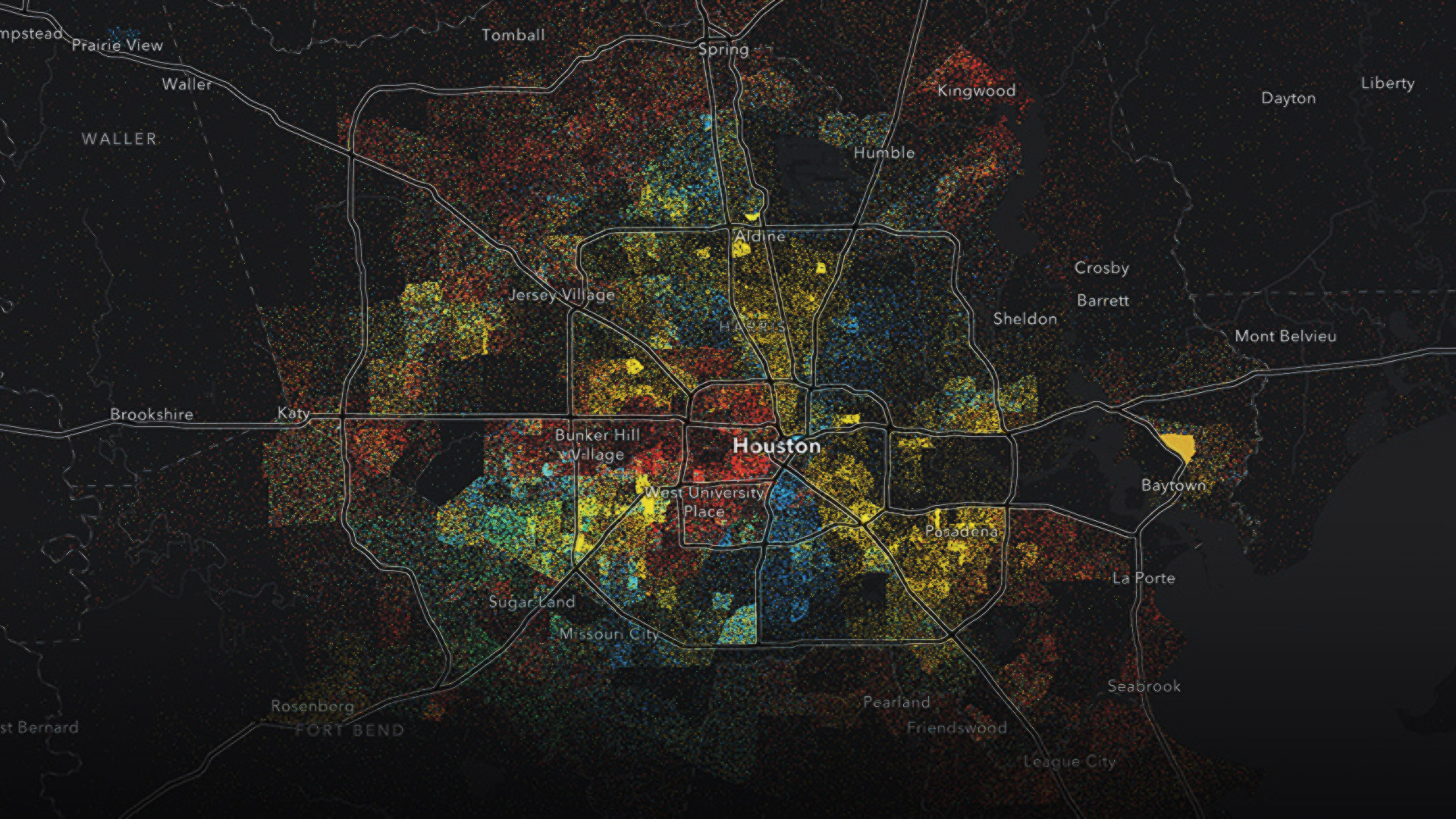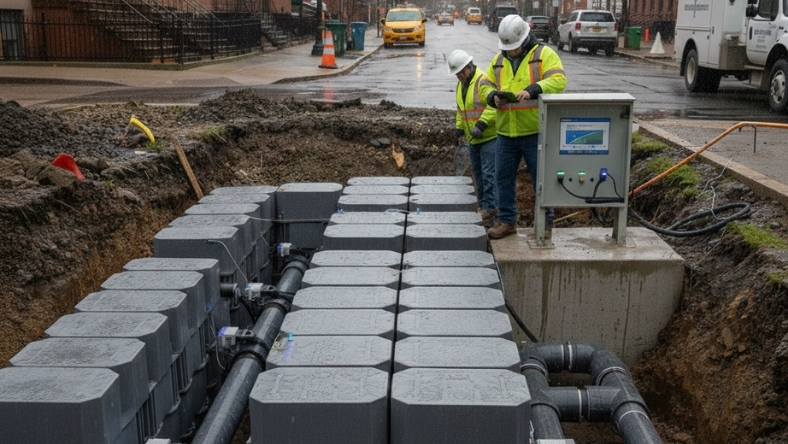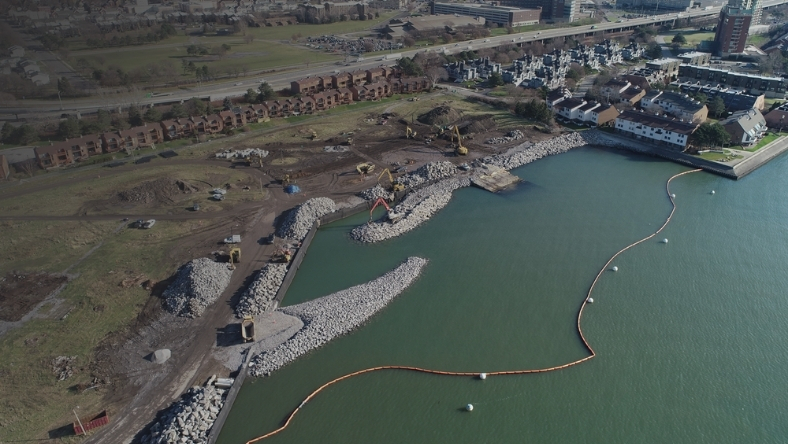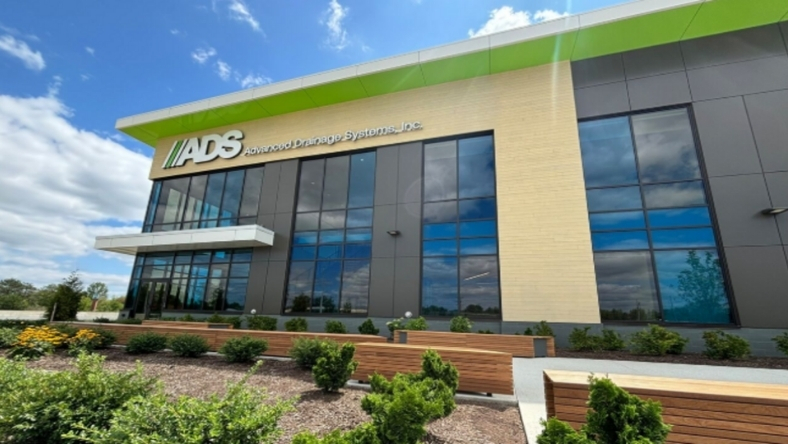TECHNOLOGY
AI and Maps Are Changing How Cities Fight Floods
Chicago, Toledo and others turn to smart mapping and AI to improve stormwater planning and reduce pollution
19 Jun 2025

US cities are turning to digital and artificial intelligence tools to manage urban stormwater systems, aiming to reduce flooding, lower costs and improve environmental outcomes as climate risks grow.
Chicago is mapping its stormwater infrastructure using geographic data to identify where green roofs, rain gardens and permeable surfaces could deliver the greatest impact. The city overlays flood data with heat and social vulnerability indices to prioritise investments in historically underserved areas. The approach, while not powered by AI, reflects a move towards data-led planning.
Toledo, Ohio, is encouraging public engagement through an open-access flood-risk map that allows residents to see vulnerable areas and proposed upgrades. Officials say the tool is helping communities contribute to infrastructure planning and supports grant applications for federal funding. Like Chicago, the initiative relies primarily on geographic information systems rather than AI.
On the US West Coast, cities are adopting artificial intelligence more directly. California-based software company 2NDNATURE uses video and imagery to monitor storm drains, detecting blockages and debris in real time. The system helps local governments schedule cleanups more efficiently, maintain regulatory compliance, and reduce environmental damage.
These efforts reflect a shift from reactive repairs to preventive planning. “Digital tools let us design smarter and reach communities that were left behind,” said a consultant advising water utilities in the Midwest. “It’s a smarter way to build resilience.”
Still, technical capacity and data quality vary significantly between cities. Many local governments lack the digital infrastructure to adopt such tools at scale. Questions also remain over how to measure long-term impact and share findings across regions.
As storms become more intense and unpredictable, cities using digital and AI-powered approaches may be better positioned to safeguard homes, roads and public health. The integration of these tools into stormwater management marks a broader evolution in how municipalities prepare for climate-driven infrastructure challenges.
Latest News
28 Jan 2026
Cities Learn to Think on Their Feet and Their Streets26 Jan 2026
Stormwater Steps Into the Big Leagues22 Jan 2026
Flood Risk Pushes Stormwater Fees Higher21 Jan 2026
AI speeds stormwater pipe inspections for US cities
Related News

INNOVATION
28 Jan 2026
Cities Learn to Think on Their Feet and Their Streets

INVESTMENT
26 Jan 2026
Stormwater Steps Into the Big Leagues

MARKET TRENDS
22 Jan 2026
Flood Risk Pushes Stormwater Fees Higher
SUBSCRIBE FOR UPDATES
By submitting, you agree to receive email communications from the event organizers, including upcoming promotions and discounted tickets, news, and access to related events.